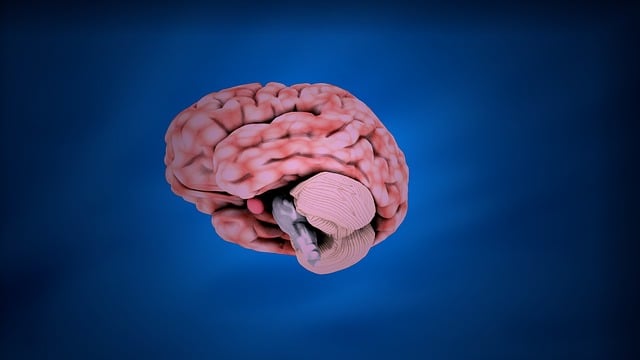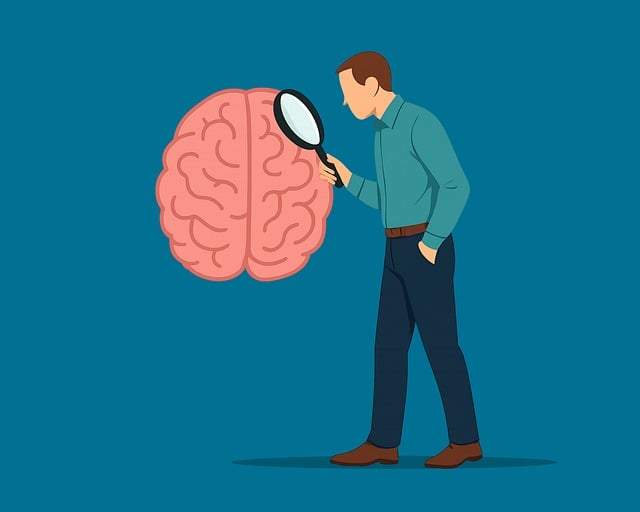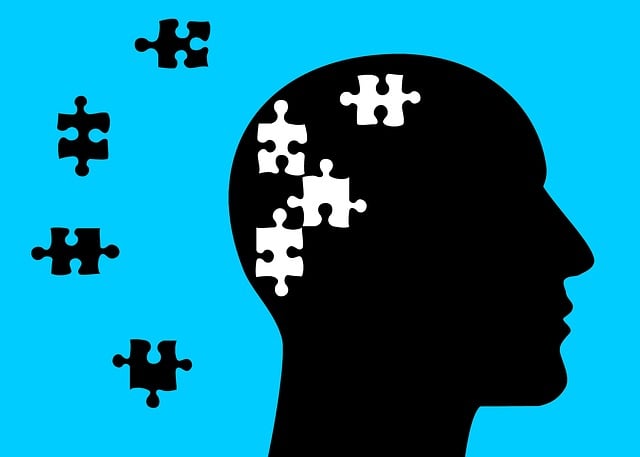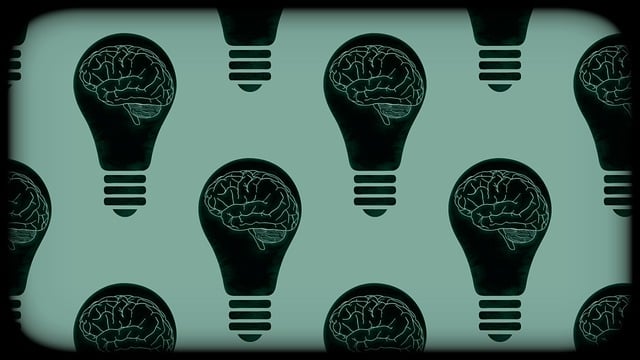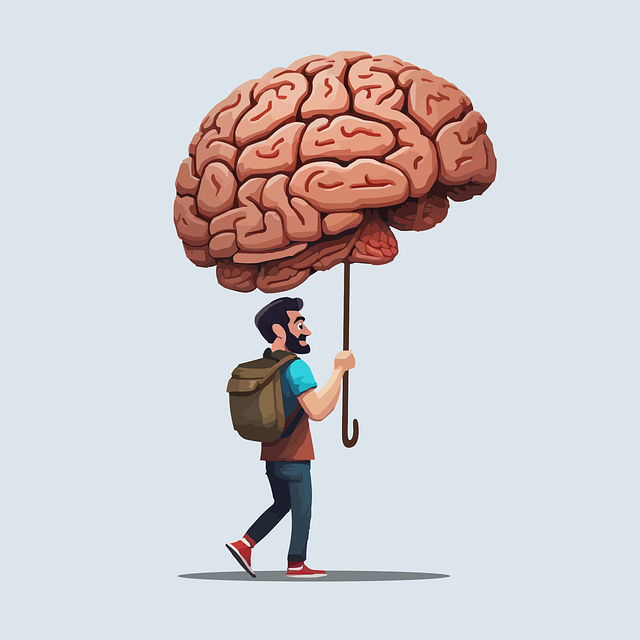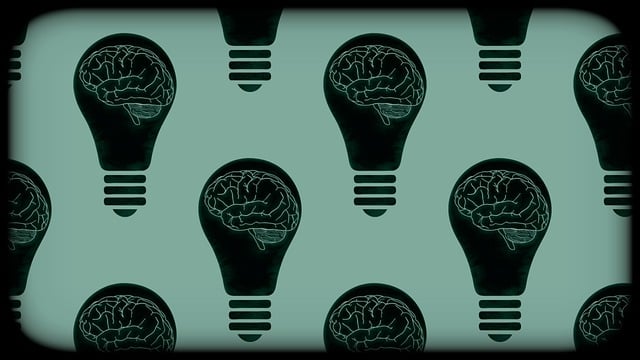Mental wellness self-assessment tools are vital for personal growth, especially for individuals with Lafayette Functional Neurological Disorder (LFND). These assessments help monitor symptoms, track progress, and tailor interventions. By encouraging active understanding of emotional regulation, LFND therapy facilitates early detection and promotes well-being. Effective tools should be adaptable, easy to use, culturally sensitive, and valid/reliable, integrating techniques like cognitive function evaluation and self-care promotion. Integrating these assessments into therapy practices improves outcomes, enabling therapists to design targeted interventions and foster client engagement in their mental health journey.
Mental wellness self-assessment tools have emerged as powerful catalysts for personal growth, especially in addressing complex conditions like those managed by Lafayette Functional Neurological Disorder Therapy. This article delves into the development of such tools, exploring their role in understanding and improving mental health. We examine why self-assessments are crucial, how to design effective assessments, and implementation strategies for therapy practices. By focusing on these aspects, we aim to enhance the effectiveness of mental wellness support, particularly tailored to Lafayette Functional Neurological Disorder Therapy’s unique needs.
- Understanding Mental Wellness Self-Assessment: The Role of Tools in Personal Growth
- Identifying the Need: Why Lafayette Functional Neurological Disorder Therapy Focuses on Self-Assessment
- Designing Effective Assessment Tools: Key Components and Considerations
- Implementation and Continuous Improvement: Strategies for Integrating Self-Assessments into Therapy Practices
Understanding Mental Wellness Self-Assessment: The Role of Tools in Personal Growth

Mental wellness self-assessment tools play a pivotal role in personal growth and development by providing individuals with a clear understanding of their mental health status. These tools enable people to gain insights into various aspects of their psychological well-being, including emotions, thoughts, behaviors, and overall functioning. By utilizing such assessments, individuals can identify areas that require improvement and take proactive steps towards enhancing their mental wellness.
For those dealing with conditions like Lafayette Functional Neurological Disorder (LFND), self-assessment tools are invaluable. They help in monitoring symptoms, tracking progress, and tailoring interventions accordingly. Moreover, these tools foster resilience building and burnout prevention strategies for healthcare providers by offering a comprehensive view of an individual’s mental landscape. Encouraging positive thinking and proactive engagement with one’s mental health is at the core of these assessments, ultimately contributing to improved quality of life.
Identifying the Need: Why Lafayette Functional Neurological Disorder Therapy Focuses on Self-Assessment

In today’s fast-paced world, where stress and mental health challenges are prevalent, Lafayette Functional Neurological Disorder Therapy (LFNDT) recognizes the critical need for effective self-assessment tools. The focus on self-assessment is paramount in LFNDT because it empowers individuals to take an active role in understanding their mental wellness. By utilizing self-assessment techniques, clients can gain valuable insights into their emotional regulation and identify potential areas of concern, such as burnout prevention. This proactive approach not only aids in early detection but also facilitates the development of personalized strategies for emotional well-being promotion techniques.
LFNDT’s emphasis on self-assessment is driven by the belief that individuals are best equipped to manage their mental health when armed with knowledge and self-awareness. Through carefully designed assessments, clients can uncover underlying issues affecting their emotional balance and develop coping mechanisms tailored to their unique needs. This holistic process goes beyond addressing symptoms; it aims to enhance overall resilience and well-being, ensuring individuals feel equipped to navigate life’s challenges with greater ease and emotional regulation.
Designing Effective Assessment Tools: Key Components and Considerations

Designing effective mental wellness self-assessment tools is a multifaceted process that requires careful consideration of various elements. These tools play a pivotal role in helping individuals gain insights into their mental health, identify areas for improvement, and track progress over time. For instance, integrating Lafayette Functional Neurological Disorder Therapy techniques into assessment tools can be beneficial in evaluating cognitive functions and neuroplasticity.
Key components include adaptability to cater to diverse populations, ease of use with clear instructions, validity and reliability ensuring accurate results, and cultural sensitivity to avoid bias. Incorporating aspects like Self-Care Routine Development for Better Mental Health, Self-Esteem Improvement, and Positive Thinking can enhance assessments by providing a holistic view of an individual’s mental wellness. Additionally, the tools should foster self-reflection, encourage open communication, and offer actionable feedback to empower users in their journey towards better mental health.
Implementation and Continuous Improvement: Strategies for Integrating Self-Assessments into Therapy Practices

Integrating self-assessment tools into therapy practices is a strategic move that can greatly enhance mental wellness outcomes, especially for conditions like Lafayette Functional Neurological Disorder (LFND). These assessments provide a comprehensive understanding of an individual’s mental state, allowing therapists to tailor interventions effectively. By incorporating self-assessments, therapists enable clients to actively participate in their treatment journey, fostering a sense of ownership and engagement.
Regular implementation and continuous improvement are key aspects of this process. Therapists can introduce self-assessment exercises at the beginning of each session to track progress over time. This data provides valuable insights into the client’s mental health trajectory, facilitating early interventions for issues like anxiety relief, depression prevention, or burnout prevention. Additionally, encouraging clients to regularly complete these assessments between sessions empowers them to recognize changes in their mood and behaviors, fostering a more conscious and proactive approach to their mental wellness.
Mental wellness self-assessment tools play a pivotal role in personal growth, as evidenced by the innovative practices at Lafayette Functional Neurological Disorder Therapy. By designing effective assessments with key components like adaptability, clarity, and cultural sensitivity, therapists can empower individuals to gain insights into their mental health. Implementation strategies that prioritize continuous improvement ensure these tools remain relevant and impactful. Integrating self-assessments into therapy practices not only benefits clients but also fosters a more holistic approach to mental wellness, enhancing the overall therapeutic experience.
